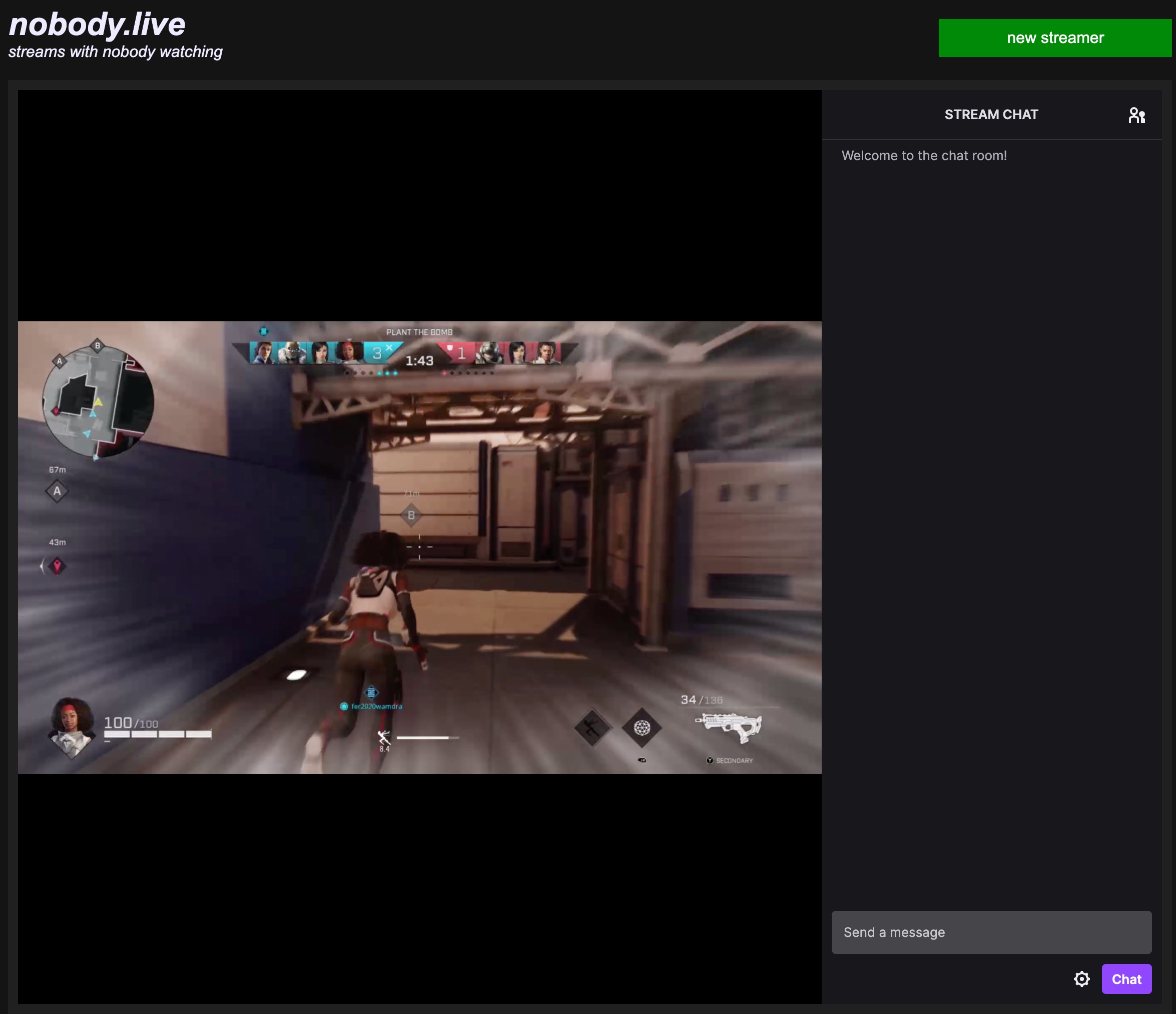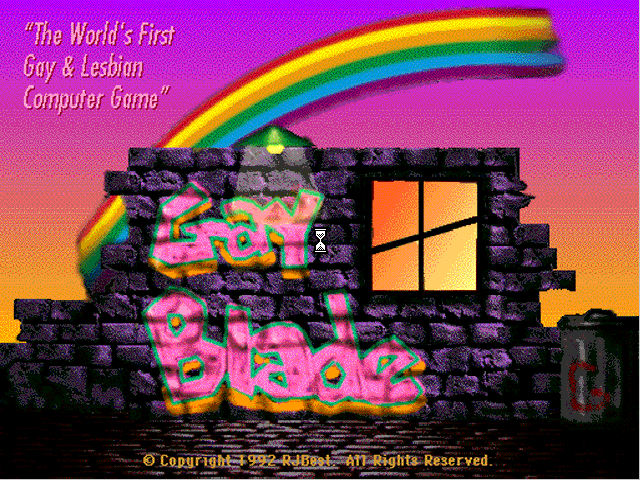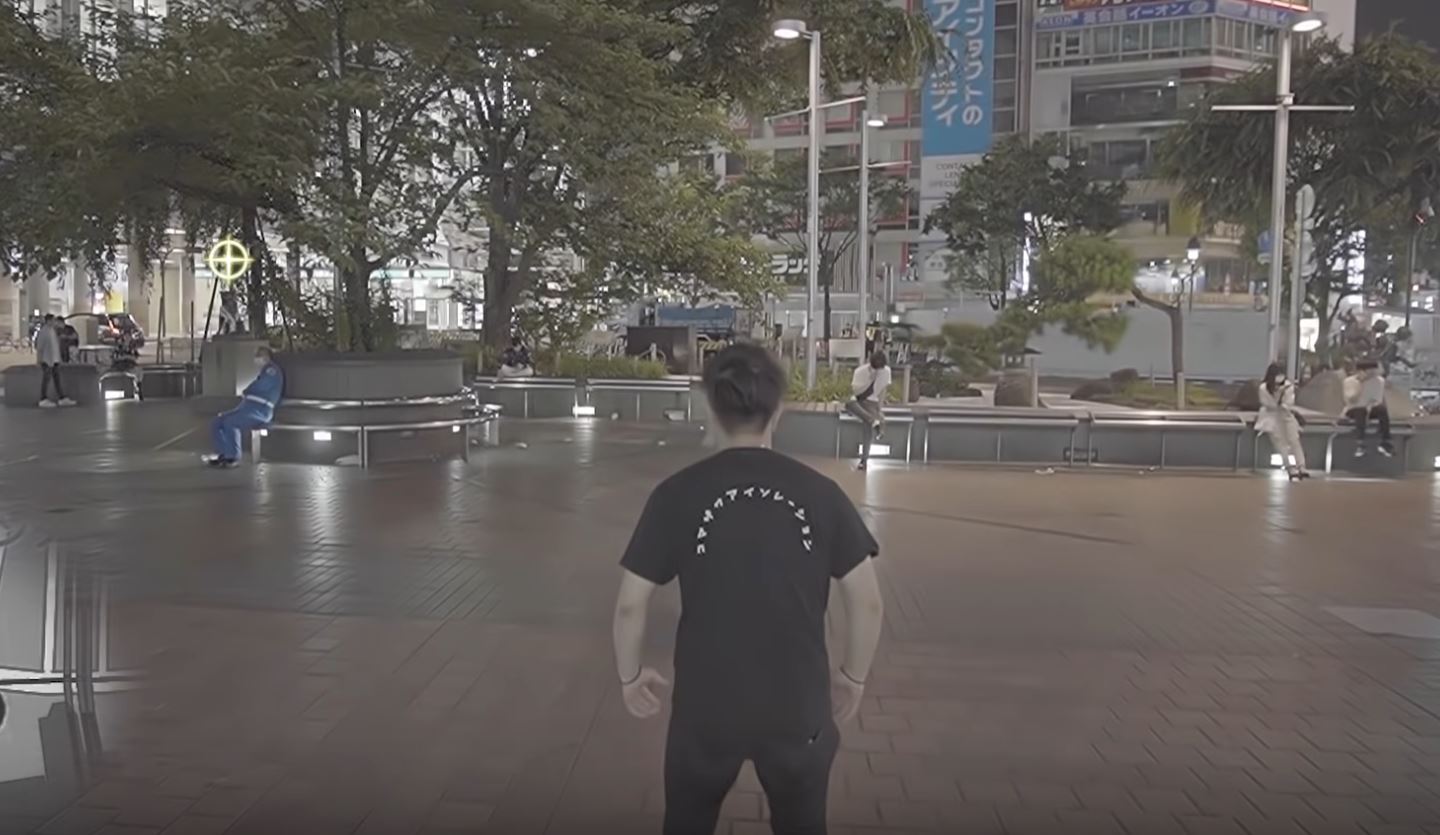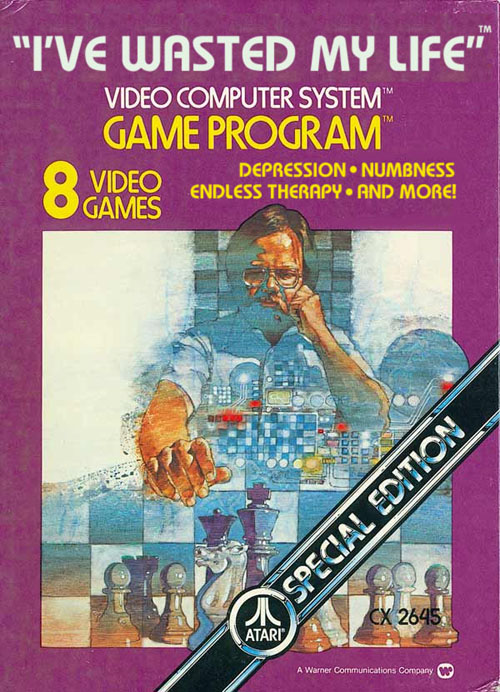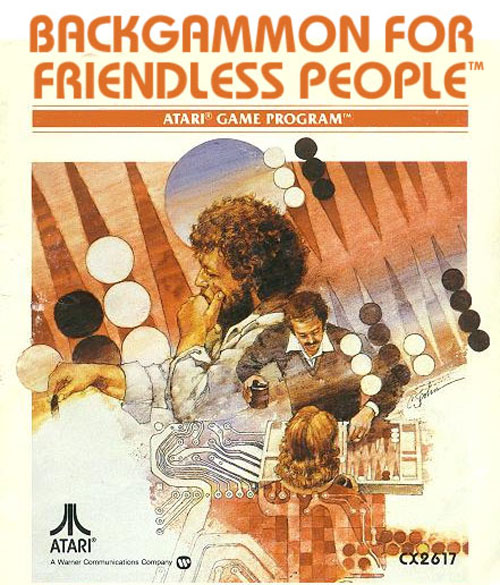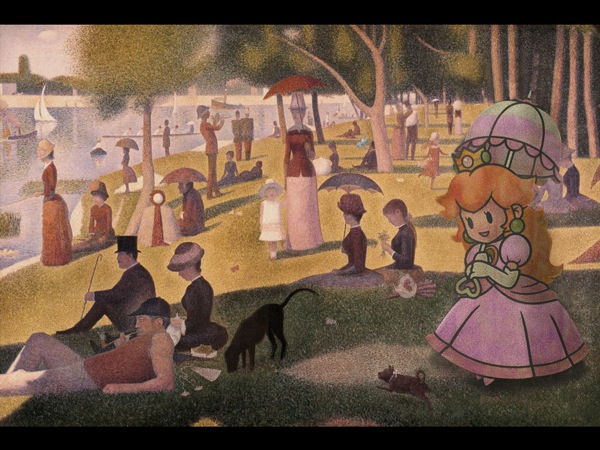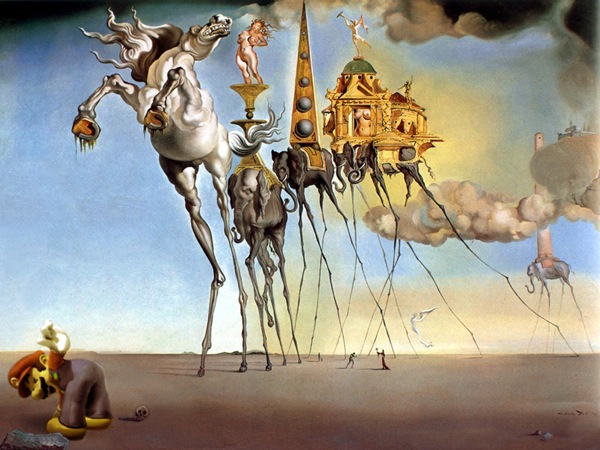
The Grannies is a documentary short film created with/in Red Dead Redemption 2. A group of players — Marigold Bartlett, Andrew Brophy, Ian MacLarty, Kalonica Quigley & friends aka The Grannies — venture beyond the boundaries of the video game. Peeking behind the curtain of the game’s virtual world they discover a captivating and ethereal space that reveals the humanity and materiality of digital creations. Directed by Marie Foulston and edited by Luke Neher, the film was produced by Marie Foulston and Nick Murray.
[related reading: Ursula K. Le Guin, The Space Crone, 1976]

